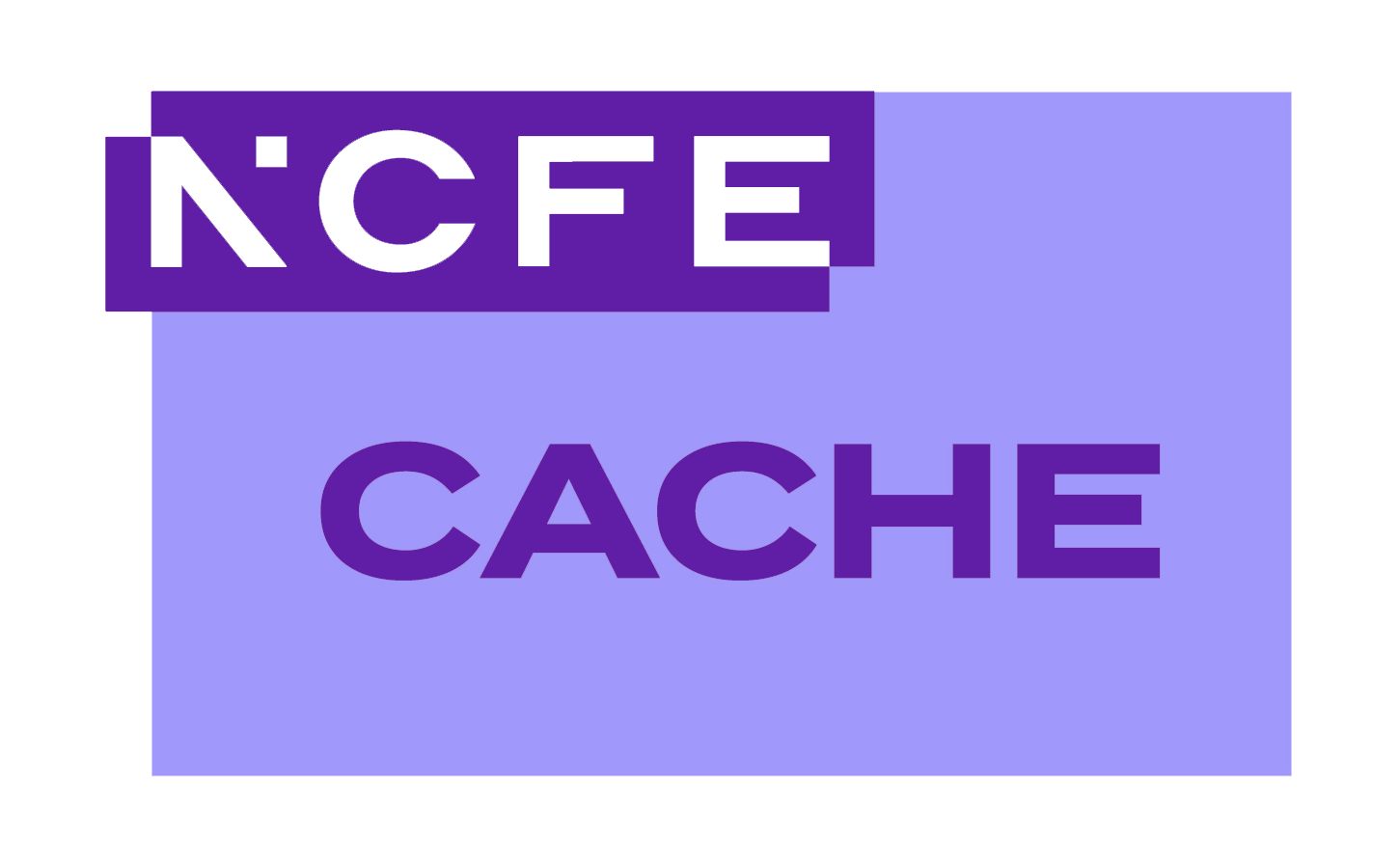Cybersecurity: How to Upskill and Make a Successful Career Change
Thinking about a career change but unsure how to break into cybersecurity? Wondering if it’s too late to learn technical...

Gain essential skills for working with children and young people aged 0-19. This Level 3 Diploma covers Social Care and Learning pathways, ideal for supervisory roles. Requires 65 credits and workplace assessment. Completion in one year.

NCFE CACHE Level 3 Diploma for the Children and Young People's Workforce (England) (Social Care)
Choose a study format
Choose a way to pay
This Level 3 qualification supports those working with children and young people in residential or community-based social care settings. It focuses on safeguarding, development, and the provision of effective care within the broader children and young people’s workforce.
Learners gain practical knowledge and essential skills needed to support vulnerable children, helping to promote their welfare, development, and independence. It is well suited for those working in social care settings such as fostering services, children’s homes, or family support services.
This is a fully-recognised qualification regulated by Ofqual and awarded by NCFE CACHE, providing a clear route into professional practice or further training
Qualification Title: NCFE CACHE Level 3 Diploma for the Children and Young People’s Workforce (England) (Social Care)
Qualification Number: 601/3474/4/SC
Total Credits: 65
Unit 1: Engage In Personal Development In Health, Social Care Or Children’s And Young People’s Settings (A/601/1429)
Unit 2: Support Children And Young People’s Health And Safety (D/601/1696)
Unit 3: Develop Positive Relationship With Children, Young People And Others Involved In Their Care (H/601/1697)
Unit 4: Promote Communication In Health, Social Care Or Children’s And Young People’s Settings (J/601/1434)
Unit 5: Working Together For The Benefit Of Children And Young People (K/601/1698)
Unit 6: Understand Child And Young Person Development (L/601/1693)
Unit 7: Understand How To Support Positive Outcomes For Children And Young People (M/601/1699)
Unit 8: Principles For Implementing Duty Of Care In Health, Social Care Or Children’s And Young People’s Settings (R/601/1436)
Unit 9: Promote Child And Young Person Development (R/601/1694)
Unit 10: Promote Equality And Inclusion In Health, Social Care Or Children’s And Young People’s Settings (Y/601/1437)
Unit 11: Understand How To Safeguard The Wellbeing Of Children And Young People (Y/601/1695)
Unit 12: Promote The Well Being And Resilience Of Children And Young People (F/600/9780)
Unit 13: Professional Practice In Children And Young People’s Social Care (F/601/0315)
Unit 14: Assessment And Planning With Children And Young People (M/600/9760)
Unit 15: CYPOP 8 – Support young people to develop, implement and review a plan of action
Unit 16: CYPOP 9 – Provide information and advice to children and young people
Unit 17: CYPOP 10 – Develop interviewing skills for work with children and young people
Unit 18: CYPOP 5 – Understand how to set up a home-based childcare service
Unit 19: TDA 3.8 – Supervise whole class learning activities
Unit 20: TDA 3.9 – Invigilate tests and examinations
Unit 21: TDA 3.20 – Work with parents to meet children’s needs
This course is assessed through assignments designed to test your knowledge, with materials accessed and work submitted online. An expert assessor will guide you throughout.
Learners must be already working, volunteering, or on practical placement in a residential childcare setting to demonstrate competence in both knowledge and skills.
You must be at least 16 years old. It is suitable for learners beginning a career in children’s social care or those currently working in the sector seeking a recognised qualification.
Upon completing your course, you’ll receive a certificate recognising your achievement. NCFE, a renowned organisation offering vocational and technical courses, has provided quality education for over 170 years. In 2015, CACHE joined NCFE. Enrol in an NCFE CACHE course for two-year access to NCFE CACHE Alumni, a network offering resources and guidance for care, health, and education professionals.
From the guidance of our personal tutors whose industry experience can help to support and mentor your studies, to our comprehensive study guide and course materials.
You too can take advantage of the extensive knowledge base of our personal tutors and use their experiences to get all of your questions answered. Similarly, our student support team are readily available to lend you their advice and guidance as they help you to decipher your course materials and answer your questions.
This is a question that our team are often asked, there are many reasons but here are the main reasons to choose Association of Learning:
If you need any more reasons to choose Association of Learning, contact our team!
You have 12 months to complete your course, however you can complete at a faster pace without any additional costs. Some of our students have managed to complete in as little as 3 months!
This is a government-regulated qualification, with certification provided by an Ofqual-regulated awarding body.
There are two payment options, pay in full for your course or monthly. Our monthly payment option allows you to spread the cost of your course over a number of months.
If you choose to pay using a payment plan, to apply you must be able to answer yes to the following:
No, this course is assignment based, which means you will not have to complete any exams. If your assignment doesn’t pass first time, you can retry as many times as you need within your 12 months support period.
No, this is a distance learning course, which means your assessments will be submitted and marked using our online LMS (Learner Management System).
Unlike other providers, Association of Learning use a fast-track system to get your certificate to you within six weeks (our average is two weeks).

Rated #1 on Trustpilot
Study A Levels, GCSEs, Qualifications, and Endorsed Courses
14-day money-back guarantee (terms apply)
Study at your own pace in your own space, without pressure
Full 1-2-1 support on all courses every step of the way
We guarantee to match prices (plus 5% extra off on top)
We are open 9am–10pm, 7 days a week, to help our learners
Our courses are accredited by independent awarding bodies
Get 0% finance on many of our courses
Free business start-up short course with every purchase
Cybersecurity: How to Upskill and Make a Successful Career Change
Thinking about a career change but unsure how to break into cybersecurity? Wondering if it’s too late to learn technical...



© 2026 Association Of Learning
| Terms & Conditions
| Privacy Policy
| LMS Login
| 4 Trinity Square, Llandudno, LL30 2PY
|  0333 344 2126
| Help Centre
0333 344 2126
| Help Centre




